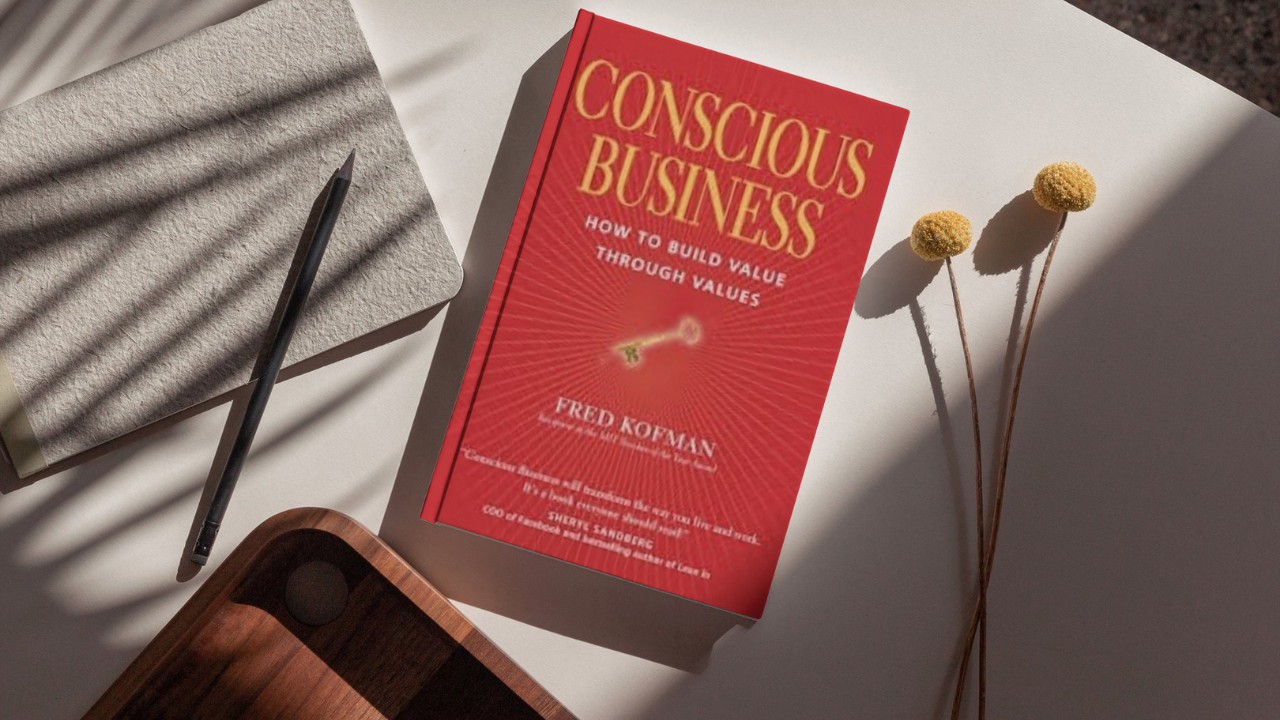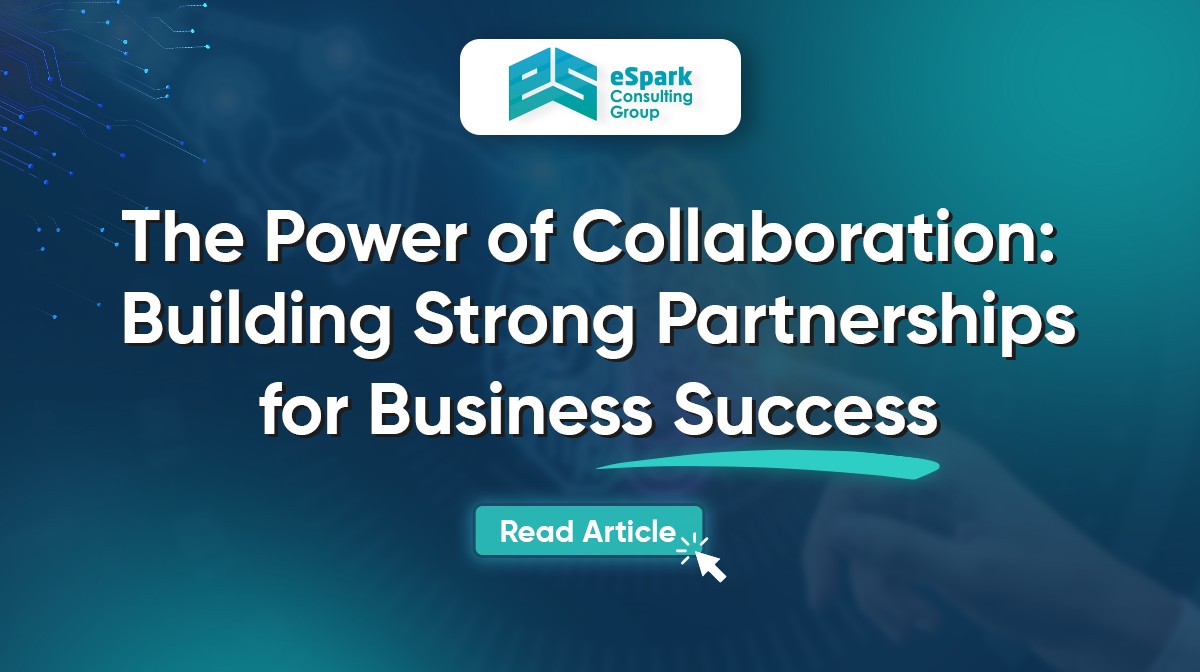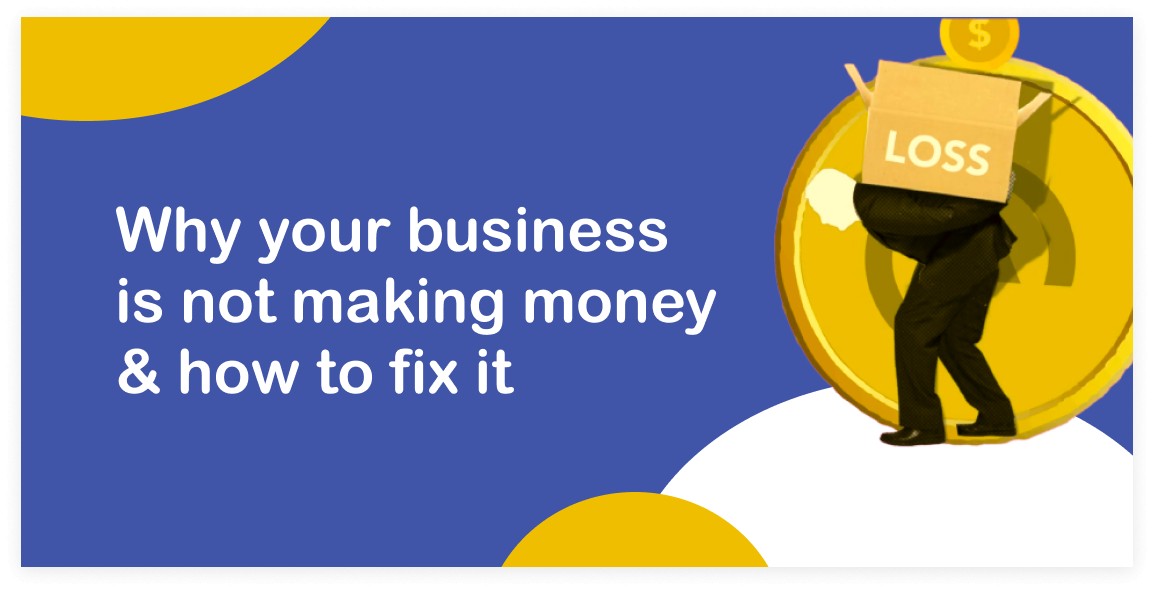Building a business that feels whole is not just about profitability or market share—it’s about creating something that resonates deeply with everyone it touches. A whole business is one that aligns its purpose, people, and practices in a way that feels authentic and sustainable. It’s not a checklist of values or a polished mission statement; it’s a living, breathing entity that reflects integrity in every decision and interaction. When a business feels whole, it becomes more than a commercial endeavor—it becomes a meaningful part of the lives of its employees, customers, and community.
At the heart of a whole business is clarity of purpose. This isn’t just about what the company does, but why it exists. Purpose acts as a compass, guiding strategy and culture alike. It helps leaders make decisions that are not only smart but also right. When purpose is clear and consistently communicated, it creates a sense of direction that employees can rally around. It becomes easier to attract talent, build loyalty, and foster innovation because everyone understands the deeper reason behind their work.
Culture plays a critical role in shaping how whole a business feels. A healthy culture is one where people feel seen, heard, and valued. It’s not built overnight, nor is it maintained by slogans or perks. It grows through trust, transparency, and shared experiences. Leaders who prioritize psychological safety and open dialogue create environments where people can bring their full selves to work. This doesn’t mean every day is perfect, but it does mean that people feel respected and supported even when challenges arise.
A whole business also pays attention to how it treats its customers—not just in terms of service, but in the emotional experience it provides. Customers can sense when a company genuinely cares. They notice when products are designed with empathy, when communication is thoughtful, and when problems are handled with grace. These moments build emotional equity, which is often more valuable than any marketing campaign. Businesses that feel whole don’t just sell—they connect.
Operational integrity is another cornerstone. It’s easy to talk about values, but much harder to embed them into the day-to-day mechanics of a business. This means aligning incentives with ethics, ensuring that policies reflect the company’s stated beliefs, and holding everyone accountable to the same standards. When operations are consistent with values, trust grows—internally and externally. People begin to believe that the business isn’t just saying the right things, but actually living them.
Leadership in a whole business is less about control and more about stewardship. Leaders see themselves as caretakers of the culture, the mission, and the people. They understand that their role is to nurture, guide, and protect—not to dominate or dictate. This mindset fosters humility and openness, which in turn encourages collaboration and creativity. When leaders model wholeness, it cascades through the organization.
Wholeness also requires coherence across touchpoints. From branding to customer service to internal communications, there should be a consistent tone and message. This doesn’t mean everything has to be uniform, but it should feel like it comes from the same place. Disjointed experiences can create confusion and erode trust. Coherence helps people feel grounded and confident in their relationship with the business.
Sustainability is a natural extension of wholeness. A business that feels whole considers its long-term impact—not just on profits, but on people and the planet. It asks hard questions about resource use, supply chains, and social responsibility. It doesn’t chase growth at any cost, but seeks to grow in ways that are regenerative and respectful. This kind of thinking isn’t just ethical—it’s strategic. Customers and employees are increasingly drawn to companies that take their broader responsibilities seriously.
Innovation in a whole business is driven by curiosity and care. It’s not about chasing trends or outpacing competitors—it’s about solving real problems in meaningful ways. This requires listening deeply to stakeholders, experimenting with intention, and staying grounded in purpose. When innovation is rooted in empathy, it tends to be more impactful and enduring.
A sense of belonging is essential. People want to feel like they’re part of something bigger than themselves. This doesn’t happen through forced camaraderie or superficial team-building exercises. It happens when people feel that their contributions matter, that their identities are respected, and that their growth is supported. Belonging creates resilience, especially during times of change or uncertainty.
Financial health is, of course, important—but in a whole business, it’s not the only measure of success. Profit is seen as a means to an end, not the end itself. It enables investment in people, innovation, and community. When financial goals are pursued in harmony with purpose and values, they become more sustainable and fulfilling. Stakeholders begin to see the business as a force for good, not just a vehicle for returns.
Wholeness also involves embracing complexity. Businesses are made up of people, and people are complex. There will be contradictions, tensions, and evolving needs. A whole business doesn’t shy away from this—it leans into it. It creates space for nuance, for difficult conversations, and for continuous learning. This openness makes the business more adaptable and more human.
Technology can support wholeness when used thoughtfully. Tools that enhance communication, streamline operations, or personalize customer experiences can deepen connection and clarity. But technology should never replace human judgment or empathy. A whole business uses tech to amplify its values, not to obscure them.
Ultimately, building a business that feels whole is an ongoing journey. It requires intention, reflection, and courage. It’s not about perfection—it’s about alignment. When a business is built to feel whole, it becomes a place where people thrive, where customers feel cared for, and where impact is measured not just in numbers, but in meaning. That kind of business doesn’t just succeed—it endures.




